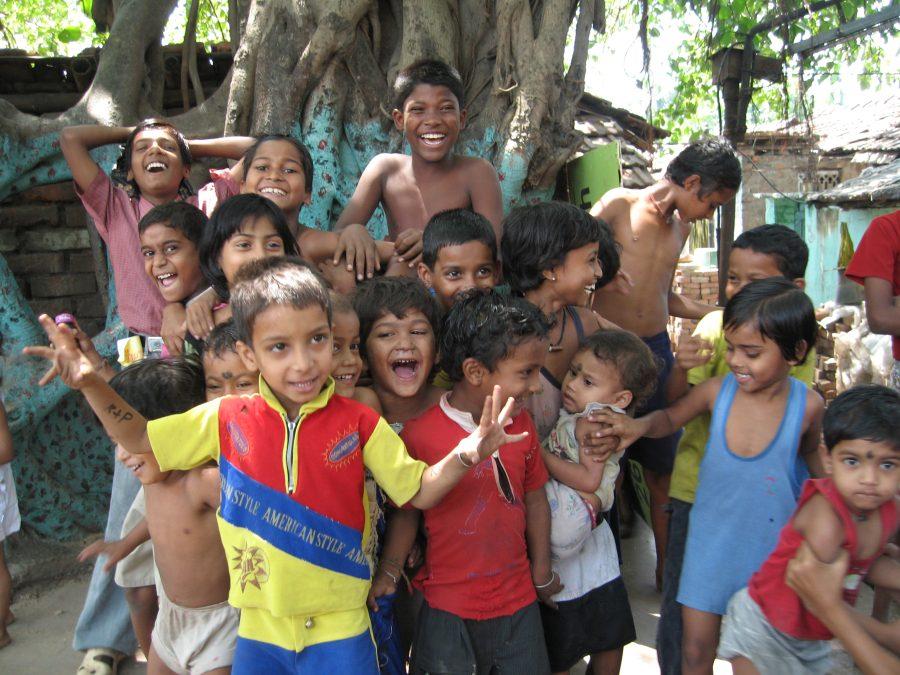Roko Belic’s 2011 documentary “HAPPY” takes a look into one of our most fundamental yet remarkably complex emotions: happiness. The filmmakers travel the globe, taking viewers from the Louisiana bayou to the plains of Namibia, all with the intent of tackling the age-old question: what makes us truly happy?
The film examines the factors that contribute to happiness and suggests ways in which individuals can begin to discover their own sources of happiness and fulfillment. Timely and uplifting, the film asks viewers to step back from our often hectic lives in order to see the bigger picture and reevaluate our current conceptions of happiness.
The documentary opens in Kolkata, India with Manoj Singh, a rickshaw driver who earns a meager living and lives in a bamboo hut located in a shanty town. While some may struggle to see how anyone could be happy in such an abject environment, Singh coolly reveals that he is content, citing his family as the primary source of his joy.
While brief, Singh’s story communicates a powerful message of gratitude and joy that is both inspiring and humbling. Over the course of the film, Belic interviews happiness researchers, academic scholars, and everyday people around the world, providing viewers with scientific perspectives as well as accounts of lived experience. Each contributor offers his or her own unique definition of happiness and insight on how to achieve what can often seem to be an elusive emotion.
The film’s subject matter is thought-provoking as it inspires serious introspection; it helps viewers put their own lives in perspective as they watch interviewees recount their sometimes tragic past experiences. One such story involves Melissa Moody, an American woman who was disfigured in a horrific accident. Though the memory is clearly painful, she tells her story with candor. She openly shares her journey of personal growth, a journey that has allowed her to create new meaning in her life.
The heavier subject matter continues with an examination of Japan, a country that ranks low on personal happiness indices. The intense focus on efficiency and rigorous work ethic has lead to the “karōshi” phenomena, which, when translated, means “death from overwork.” Hiroko Uchino, a young widow, shares the story of her husband, a factory worker who died as a result of overworking. Her moving anecdote serves as a cautionary tale and emphasizes the importance of creating and maintaining outlets for stress-relief.
“HAPPY” is composed of a set of vignettes that depict a variety of lifestyles. Despite the variation, interpersonal relationships, physical activity, altruism, and oneness with nature all arise as common themes. As for the film’s cinematic elements, the soundtrack includes several upbeat ditties, which complement the film’s central message and underscore the film’s positive tone. Between vignettes, playful graphics serve as visual illustrations of key concepts. The film maintains an informative tone as the narrator pulls the ideas presented together to create a comprehensive picture of happiness.
A definite feel-good film, “HAPPY” introduces viewers to happiness research and provides a rough blueprint for personal transcendence. It also offers realistic recommendations for finding sources of happiness in one’s own life. The film is careful to point out that developing a sense of happiness is an individualized process. It stresses that listening to our authentic selves and determining what will satisfy our unique intrinsic needs will allow us to live fuller and more mindful lives.
University Health Services will be hosting a screening of “HAPPY” on May 7 at 4 p.m. in the Campus Center’s second floor conference room 2545.
Explore one of life’s core pursuits with ‘HAPPY’
April 18, 2014





















































